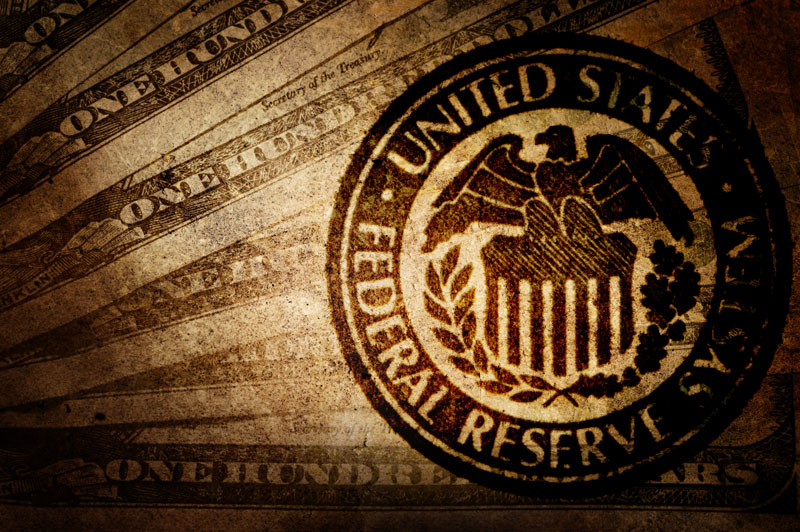Get Ready For The Return Of Inflation

(April 23, 2020 - Tim Congdon)
Fed actions have increased the quantity of money in the U.S. economy at a blistering rate.
The economists Milton Friedman and Anna Jacobson Schwartz demonstrated in “A Monetary History of the United States” that a collapse in the quantity of money was the main cause of the Great Depression. Hoping to avoid a repeat, the Federal Reserve in recent weeks has poured money into the economy at the fastest rate in the past 200 years. Unfortunately, this overreaction could turn out just as poorly; history suggests the U.S. will soon see an inflation boom.
Friedman and Schwartz used a broad definition of the quantity of money that included all bank deposits, and found that U.S. money stock shrank by 38% between October 1929 and April 1933. Some prominent economists—including Princeton’s Paul Krugman and Columbia’s Joseph Stiglitz—claim that money growth no longer matters much, but they’re wrong. After all, the 2007-09 recession showed that the ever-changing fortunes of the banking system have a significant effect on demand, output and employment. From 2010-18, growth rates of the quantity of money and nominal gross domestic product were virtually identical at 4% a year.
The Fed publishes weekly data on the U.S. commercial banking system’s balance sheet, allowing what amounts to real-time diagnosis and prognosis of the money supply. Even in late February the Fed wasn’t making major new decisions in response to the coronavirus’s spread, but that changed suddenly with President Trump’s announcement of a national emergency on March 13. Over the next two weeks, the central bank introduced a range of radical and unprecedented new policies intended to ease the pain of the lockdown measures.
From March 11-18, deposits at U.S. banks rose by 2.2%. In the next seven days they rose 2.5%. And in following week they rose 1%. In other words, in a mere three-week period they increased by almost 6%. The contrast between the Fed’s passive response to the Great Depression, when the quantity of money fell by 1% a month, and its recent hyperactivity, when the quantity of money has climbed by nearly 2% in a single week, could hardly be greater. If the recent rate of increase continued for a year, compound interest would cause bank deposits to swell by 175%. Since bank deposits dominate the measure of money described by Friedman and Schwarz, the quantity of money would soar at a similar rate.
Excluding the years immediately after the Revolutionary War, the past few weeks have seen by far the highest rate of monetary expansion in U.S. history. The Fed might defend itself by saying that its “shock and awe” tactics have given financial markets confidence that the coronavirus won’t cause a long and deep recession. And its massive bond purchases—more than $500 billion between March 11 and April 1—surely won’t continue at the same rate for the rest of the year.
Nevertheless, the problem now becomes financing the much-enlarged budget deficit. Some commentators have speculated that over the next year or so the federal deficit could reach $4 trillion. It is certainly likely to hit $3 trillion. To a large extent the gaps will be financed by the banking system, with such monetary financing of the budget deficit adding to the amount of money in the economy.
It’s reasonable to assume that by spring 2021 the quantity of money will have increased by 15% and possibly by as much as 20%. That wouldn’t quite match the peak rates of expansion seen during and immediately after the two world wars of the 20th century, but it could surpass peacetime records, outpacing the previous peaks in the inflationary 1970s.
Policy makers have repeatedly called the battle against the novel coronavirus a war. As in wartime, federal expenditures are rising sharply while tax revenues are being hit by the lockdown. Both World War I and World War II—and, indeed, the Vietnam War—were followed by nasty bouts of inflation. If that happens again, policy makers today being cheered for their swift, decisive action will instead have to answer for their grave lack of foresight.
Mr. Congdon CBE is chairman of the Institute of International Monetary Research at the University of Buckingham, England.






